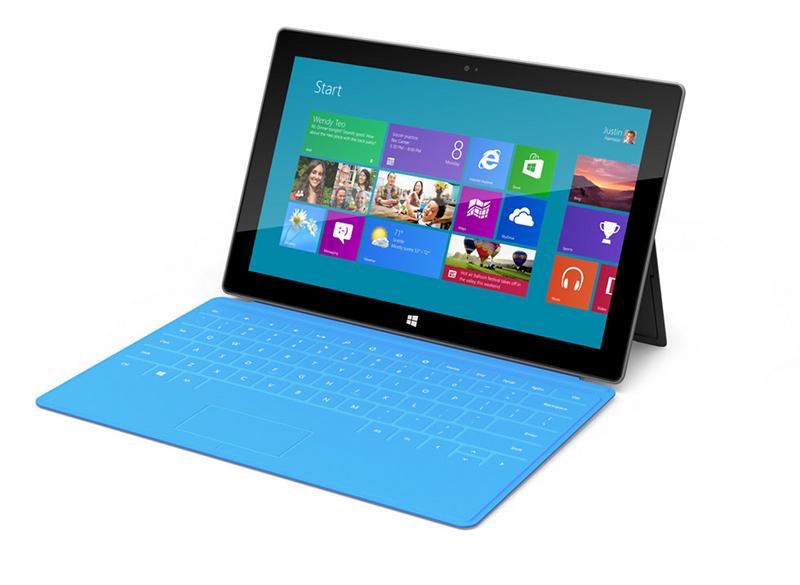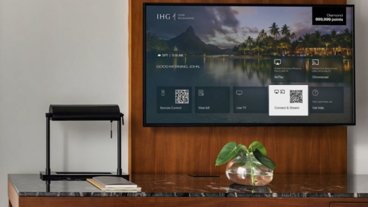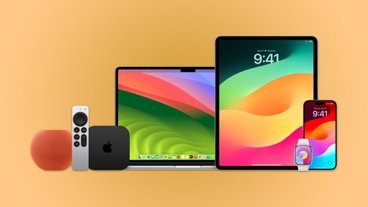Samsung nixes plans for Windows RT tablets in US, citing 'modest' demand
Samsung no longer plans to launch a tablet in the U.S. running Microsoft's Windows RT platform due to a number of factors, including consumer confusion and slow sales.
Mike Abary, a Samsung executive in charge of the company's American PC and tablet businesses, told CNet at this week's Consumer Electronics Show that it would require "a lot of heavy lifting" to educate consumers on the difference between Windows 8 and Windows RT. With retail partners also signaling that Windows RT has "modest" potential for success, Samsung decided it wasn't interested in making that investment in the U.S. market.
Abary also said that Samsung had difficulties hitting the lower price points the company felt it needed to achieve. The Korean electronics maker believes that Windows RT devices should be less expensive than PCs running the full Windows 8 operating system.
"We didn't necessarily attain the price point we hoped to Attain," Abary said. He noted that some of the sacrifices the company explored to cut costs, such as including less memory, were poor tradeoffs.
Samsung could still build to opt Windows RT devices in the future, if some of the current obstacles cease to exist. Abary told CNet his company will wait to see how the market develops for Windows RT.
"It's not something we're shelving permanently," he said. "It's still a viable option for us in the future, but right now might not be the right time."
Samsung has, however, invested heavily in tablets running Google's Android operating system. Windows RT is a stripped down version of Microsoft's desktop operating system compatible with low-power ARM CPUs like those found in Apple's iPad.
It's Windows RT's reliance on ARM processors that prevents it from running traditional Windows applications. The underlying architecture of Windows RT is very different from Windows 8, preventing it from running legacy Windows applications.
Further confusing matters is the fact that Windows RT features both the touch-centric Windows Metro interface along with a traditional Windows desktop layout, just like Windows 8. Windows RT also includes touch-optimized versions of Microsoft Office applications, including Word, Excel, PowerPoint and One Note.
Microsoft has reportedly had to revise its return policies for its own Surface tablet running Windows RT. The changes were made after a number of customers apparently returned the hardware once they discovered the Surface cannot run traditional Windows applications.
 AppleInsider Staff
AppleInsider Staff











 Wesley Hilliard
Wesley Hilliard
 Andrew Orr
Andrew Orr



 Amber Neely
Amber Neely

 William Gallagher
William Gallagher






